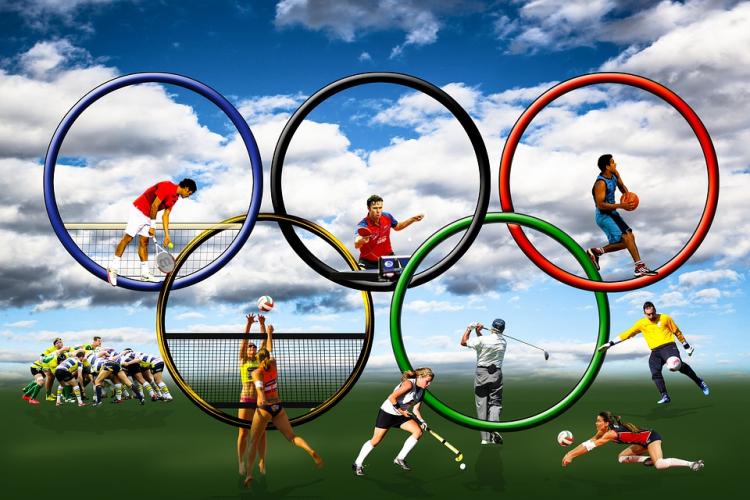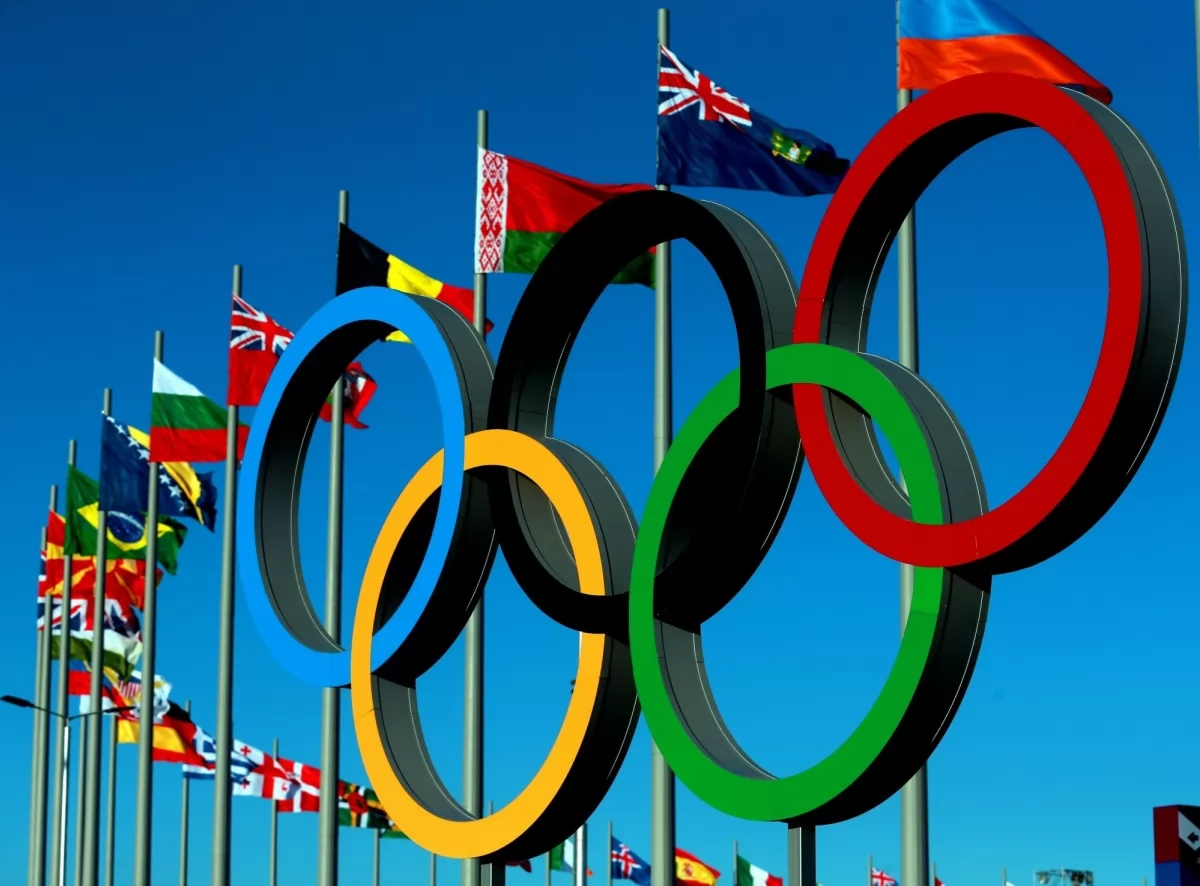Everyone knows about the Olympic Games, from young to old. But why did they become the most popular and so called? Who founded them?
A bit of history

It is hard to imagine, but the Olympic Games took their beginning in 776 BC, and were named after Zeus, called Olympian. Also the city in which they were held was called Olympia. The significance of this action is difficult to overestimate. Even wars were stopped during the games!
Ancient Greek athletes attracted the attention of people from different countries who walked, rode horses or sailed on a ship, just to see the competition. The winners of the games received wealth and fame, even their heirs enjoyed privileges. But the weaker sex was strictly forbidden to enter the competition, even the death penalty could be a punishment.
Sports in those days were significantly less:
1. Running, jumping
2. Fist fight, pankration
3. Javelin-throwing
4. Chariot competition.
The last sport was extremely difficult and dangerous. An interesting fact: the winner was not the driver of the chariot and the person participating in the race, but the owner of the horses.
Interesting facts about the Olympic Games
From the 4th to the 19th century, competitions were not held, but all because the Roman emperor Theodosius decided to ban them. When they were resumed, the strictest rule was the participation of only amateurs, and not professionals who receive money for this.
The ancient Olympic Games included such a type of competition as pankration. It was a duel in which there were only a couple of prohibitions: biting or harming the opponent’s eyes. All other actions were allowed. Naturally, modern competitions have abandoned such a brutal version of the struggle.
Over the centuries, the legendary Olympic Games have not lost the interest of people all over the world and gather stadiums of fans. And the skill of athletes is only growing and makes you wonder and admire more and more with each game.
